People with low blood pressure in the summer may experience sudden drops in blood pressure when the environmental temperature changes too much or when dehydrated.
Low blood pressure is a condition in which the pressure of blood flow in the arteries falls below normal levels. Low blood pressure is also known as hypotension, or lower than normal blood pressure.
What is low blood pressure?
Blood pressure is expressed through two indicators: systolic blood pressure and diastolic blood pressure. Low blood pressure is diagnosed when the systolic blood pressure index
Signs of low blood pressure
People with low blood pressure often have recognizable signs such as:
- Frequent headaches, dizziness, vertigo, and lightheadedness
- May faint when suddenly changing position or after eating a full meal
- Feeling cold, pale skin, purple lips, cold at night, fatigue, lack of energy, lack of concentration.
- Insomnia, sleep disorders, daytime sleepiness or drowsiness.
- Rapid pulse, rapid heartbeat, chest tightness, shortness of breath, sweating.
- Decreased libido and quality of life.
Is low blood pressure dangerous?
Low blood pressure is also dangerous because when blood pressure is low, blood flow to organs will decrease, especially blood to the brain. Low blood flow to the brain, if mild, will cause symptoms of headache and dizziness. In more severe cases, the patient may faint or faint. If the lack of blood to the brain lasts for a long time, it will cause nerve damage. People with low blood pressure can easily suffer from memory loss in old age.
The dangers of low blood pressure. People with low blood pressure can experience dangerous situations such as:
- Sudden hypotension can be life-threatening for the patient. Sudden hypotension increases the risk of dizziness and fainting when the blood supply to the brain is insufficient. It often occurs when there is blood loss due to trauma or dehydration due to diarrhea.
- Low blood pressure causes memory loss because nerve cells are not nourished. Over time, this leads to decreased nervous system function and memory loss.
- Low blood pressure can cause rapid heartbeat and dizziness.
- Increases the risk of cerebral infarction by 25% compared to normal people
- Prolonged low blood pressure weakens internal organs such as the liver, kidneys, lungs, etc.
Hot summer weather causes the body to lose more water and salt, which can cause people with low blood pressure to experience a sudden drop in blood pressure.
Note for people with low blood pressure in hot weather
For people with low blood pressure working in hot environments like summer days often easily cause dehydration. This causes electrolyte disturbances and blood concentration, making hypotension worse. Special attention should be paid when changing posture or changing environmental temperature too much. This can easily cause the patient to faint suddenly, even more dangerous is when this condition occurs while participating in traffic or driving a vehicle.
People with low blood pressure in the summer should note:
- Drink enough water in the summer to avoid dehydration.
- Eat a nutritious diet and avoid hunger. Patients with low blood pressure will experience low blood sugar and low blood pressure when hungry, which is extremely dangerous in hot weather.
- People with low blood pressure should limit alcohol, tobacco and avoid sudden changes in position.
According to SK&DS
Source


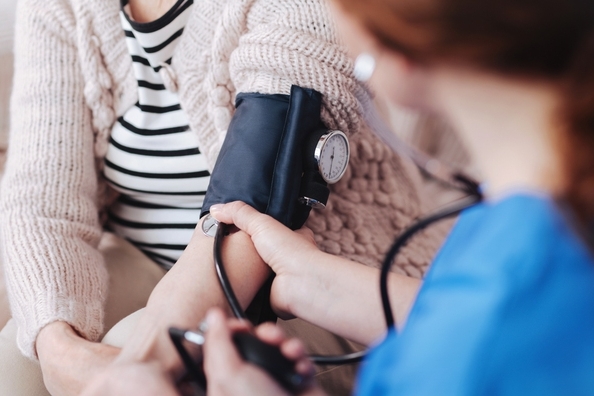









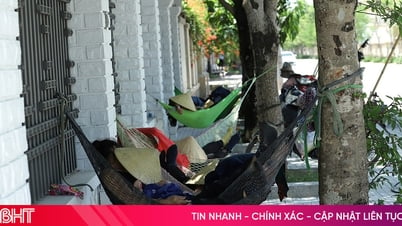







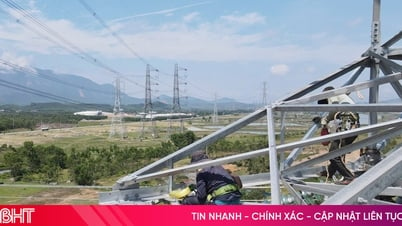





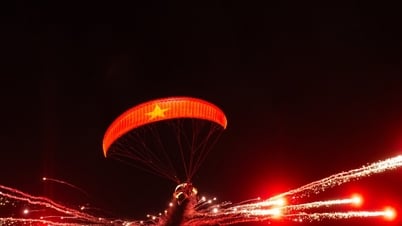



























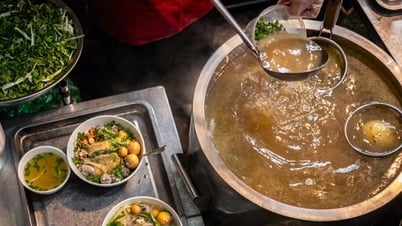



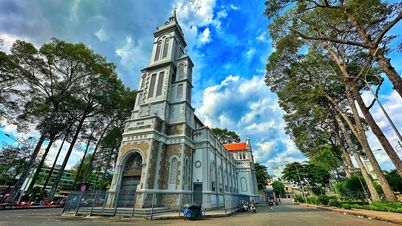












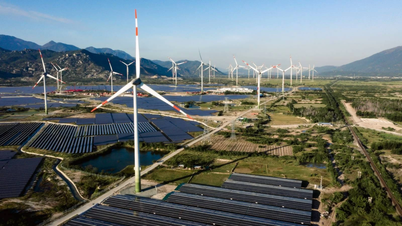

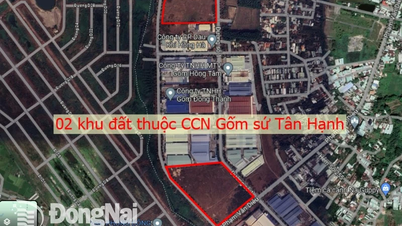









![[OCOP REVIEW] Tu Duyen Syrup - The essence of herbs from the mountains and forests of Nhu Thanh](https://vphoto.vietnam.vn/thumb/402x226/vietnam/resource/IMAGE/2025/6/5/58ca32fce4ec44039e444fbfae7e75ec)



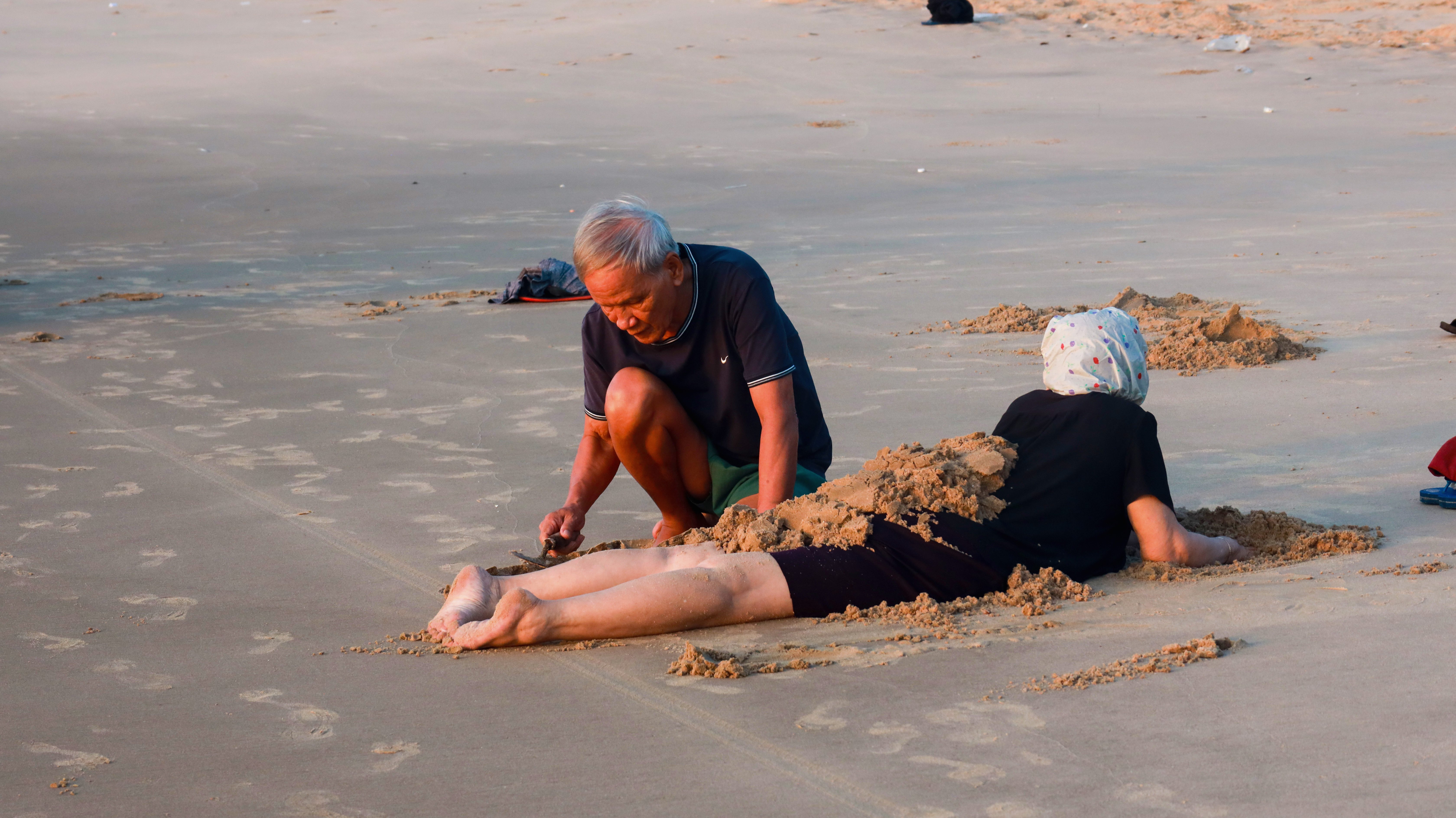



Comment (0)